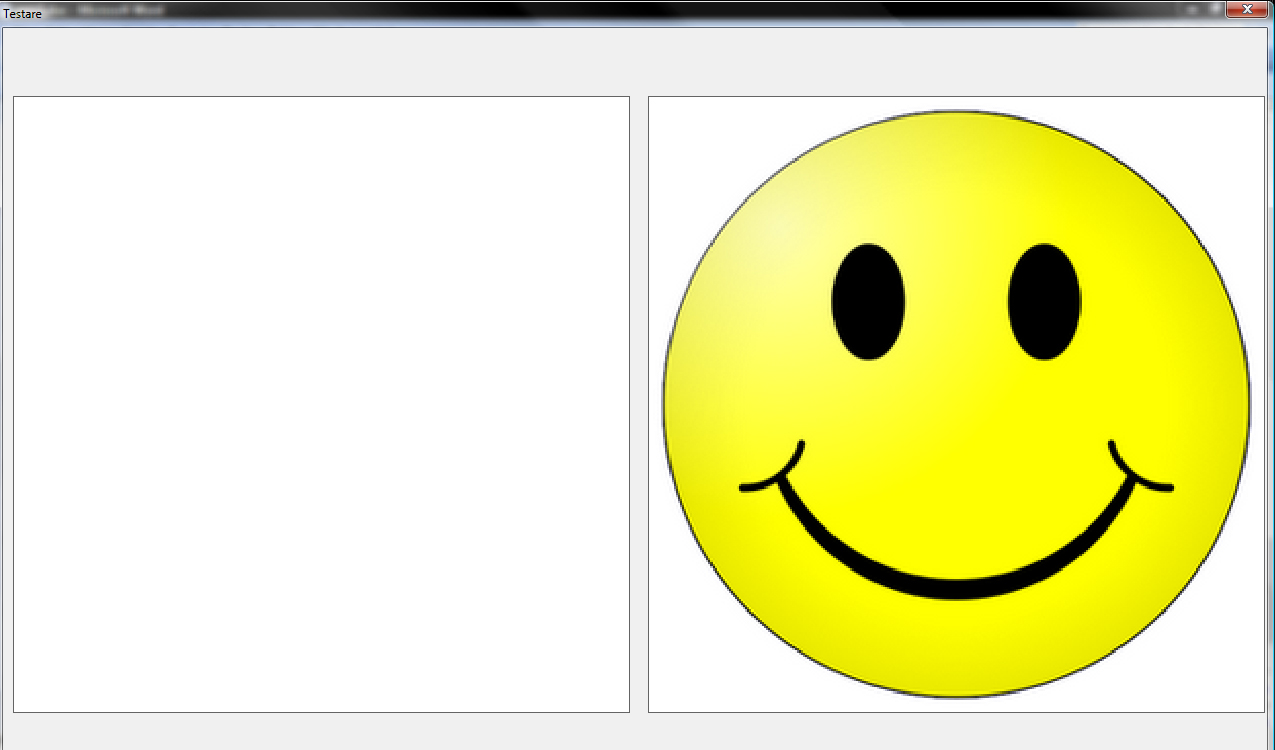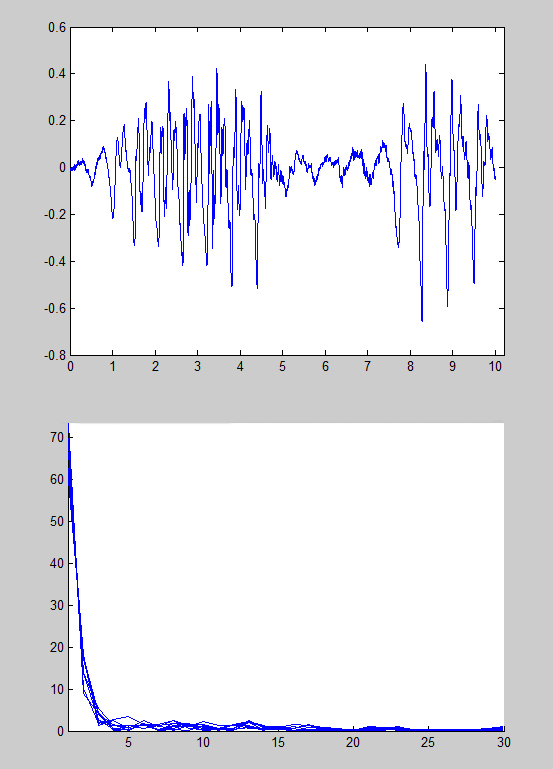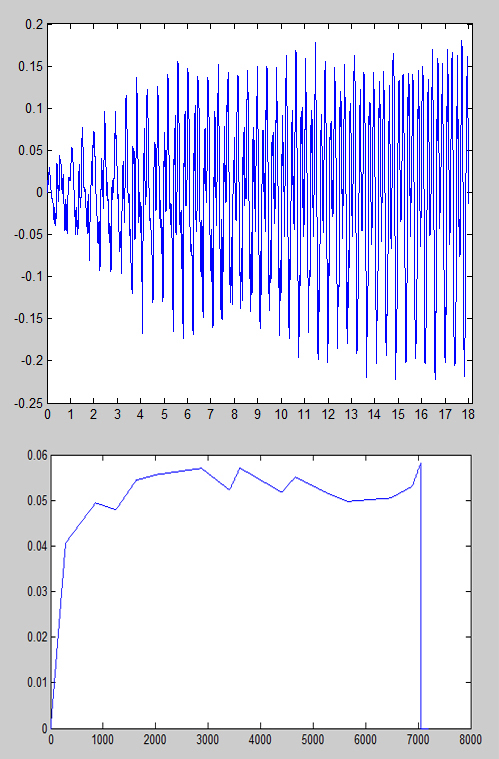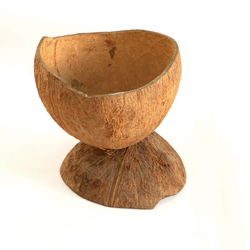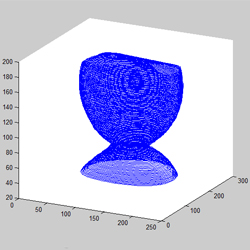Current Research Projects
• Adaptive Informational Technologies For Auditory-Verbal Education
• Intelligent System for Impaired Speech Evaluation and Correction Used in Recovery Therapy
• CARDIO.MEL.
The project has a very actual theme on national and international level, because one of the major problem of the modern medicine is to find new cardioprotective drugs. The cardiovascular diseases are on top on adult morbidity and mortality. Our project is multidisciplinary, realigning medical doctors, engineers, biochemistry specialists, which want to elucidate 2 new methods of therapy (the light therapy and therapy with melatonin) with effects on oxidative stress, adiponectine, von Wilebrand factors, C reactive protein, that are implicated in diabetes mellitus, dislipidemia, arterial hypertension. Our research scope is to validate interdisciplinary methods of treatment, new methods of therapy or alternative therapy in metabolic syndrome, together with known therapy for diabetes mellitus, dislipidemia, arterial hypertension. Another aim of our research is to demonstrate the role of light- therapy and therapy with melatonin as anti-ageing therapy and for a successful ageing. We will be developed software applications based on artificial intelligence methods for finding optimal parameters and methodology, as well as for increasing of the efficiency and simplify the actual medical system.
• 3D Scanner using simple Photo-Camera
As can be seen, our research programme is concentrated on developing medical application, some of our past and present collaborators being:

|
Univ. of Applied Sciences Vorarlberg, User Centered Technologies Institute |

|
Bartenbach Light Laboratory GmbH |

|
Klaus Becker |

|
Budapest Univ. of Technology and Economics, Dpt. of Ergnomics and Psychology |

|
Institute for Social Research and Opinion Polling OHG |

|
"Ludwig-Maximilians" Univ. Muenchen, Generation Research Program |
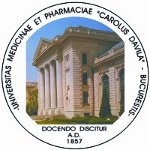
|
Univ. of Medicine "Carol Davila", Bucharest | ||
